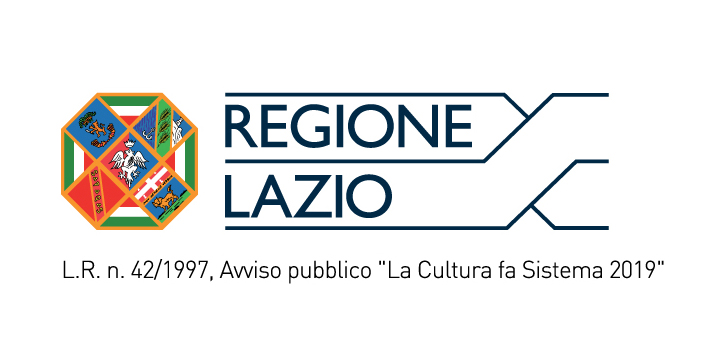Contract law is a complex and evolving field that encompasses a wide range of agreements and legal principles. From tenancy agreements to non-compete agreements, the terms and conditions within a contract can have a significant impact on the rights and obligations of the parties involved.
One of the key issues in contract law is the presence of unfair contract terms. These are terms that are considered to be unbalanced or overly advantageous to one party, often at the expense of the other. The Consumer Protection Act aims to address this imbalance by providing legal protections for consumers against unfair contract terms.
According to the Consumer Protection Act, unfair contract terms are those that significantly disadvantage the consumer and are not reasonably necessary to protect the legitimate interests of the other party. These terms may include excessive charges, unreasonable cancellation or termination fees, or one-sided liability provisions.
It is important for consumers to understand their rights under the Consumer Protection Act and how to identify and challenge unfair contract terms. By familiarizing themselves with the principles of contract interpretation, consumers can better navigate the complexities of contractual agreements.
For example, if you are a tenant looking to surrender a tenancy agreement, it is essential to know your rights and obligations. Surrendering a tenancy agreement involves terminating the contract before the agreed-upon end date. Understanding the terms and conditions related to early termination can help protect your interests and avoid potential legal consequences.
In Nevada, the law on non-compete agreements is regulated to ensure fairness and protect employees’ rights. These agreements restrict employees from working for a competitor or starting a competing business for a certain period of time after leaving their current employment. However, the law imposes certain limitations on the enforceability of non-compete agreements to prevent unfair restrictions on employees’ future job prospects.
When it comes to personal relationships, such as cohabitation, having a comprehensive cohabitation agreement can help protect the rights and interests of both parties involved. This agreement establishes the rights and responsibilities of each partner, covering areas such as property ownership, financial arrangements, and child custody in case of separation or dissolution of the relationship.
For businesses entering into partnerships, knowing how to write a partner agreement is crucial for establishing clear expectations and responsibilities. This agreement outlines the terms of the partnership, including profit sharing, decision-making processes, and dispute resolution mechanisms. By having a well-drafted partner agreement, businesses can avoid potential conflicts and foster a successful partnership.
Furthermore, sometimes individuals may need to borrow money from friends or family members. In such cases, a simple money borrowing agreement can help formalize the terms of the loan, including the amount borrowed, repayment terms, and any interest charges. This agreement ensures clarity and prevents misunderstandings that can strain personal relationships.
While contract law may differ from one jurisdiction to another, it is important to have access to reliable resources and references such as a contract law in Ireland book. This book provides insights into the legal principles, rights, and obligations within contract law specific to Ireland, helping individuals or businesses navigate the legal landscape effectively.
Finally, for those who enjoy crossword puzzles, you may come across clues related to an “agreement.” One such clue might be “visionary agreement is included in it.” The solution to this clue could be the term “visionary agreement” itself. Check out this crossword clue for a fun twist on the topic!
As contract law continues to evolve, staying informed about your rights and obligations is essential. By understanding the intricacies of different types of agreements and the principles that govern them, individuals and businesses can navigate the legal landscape with confidence.


